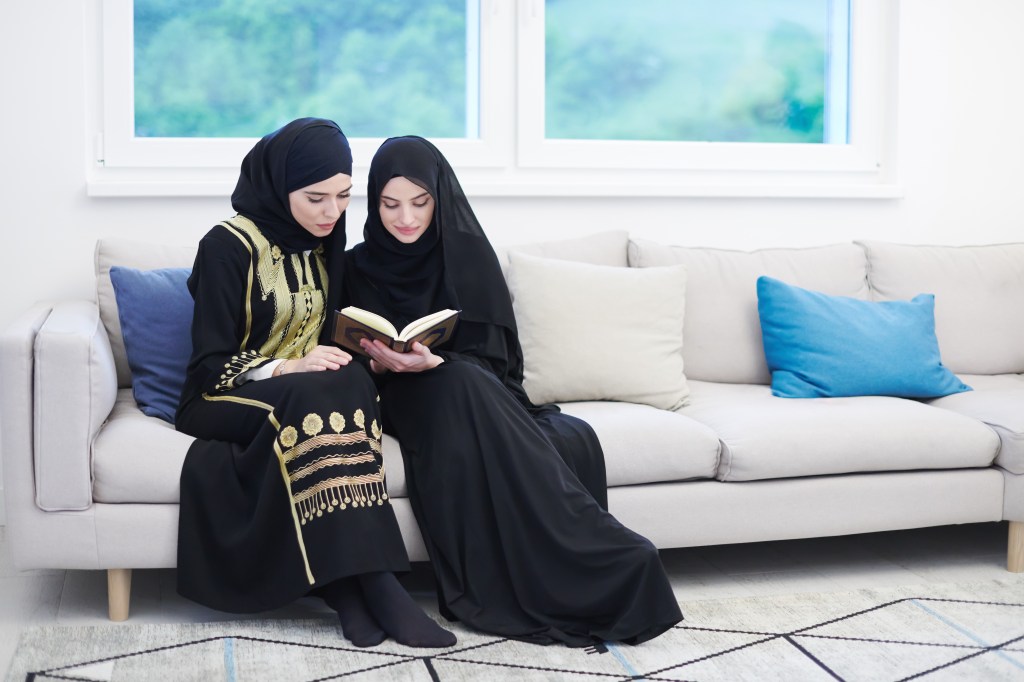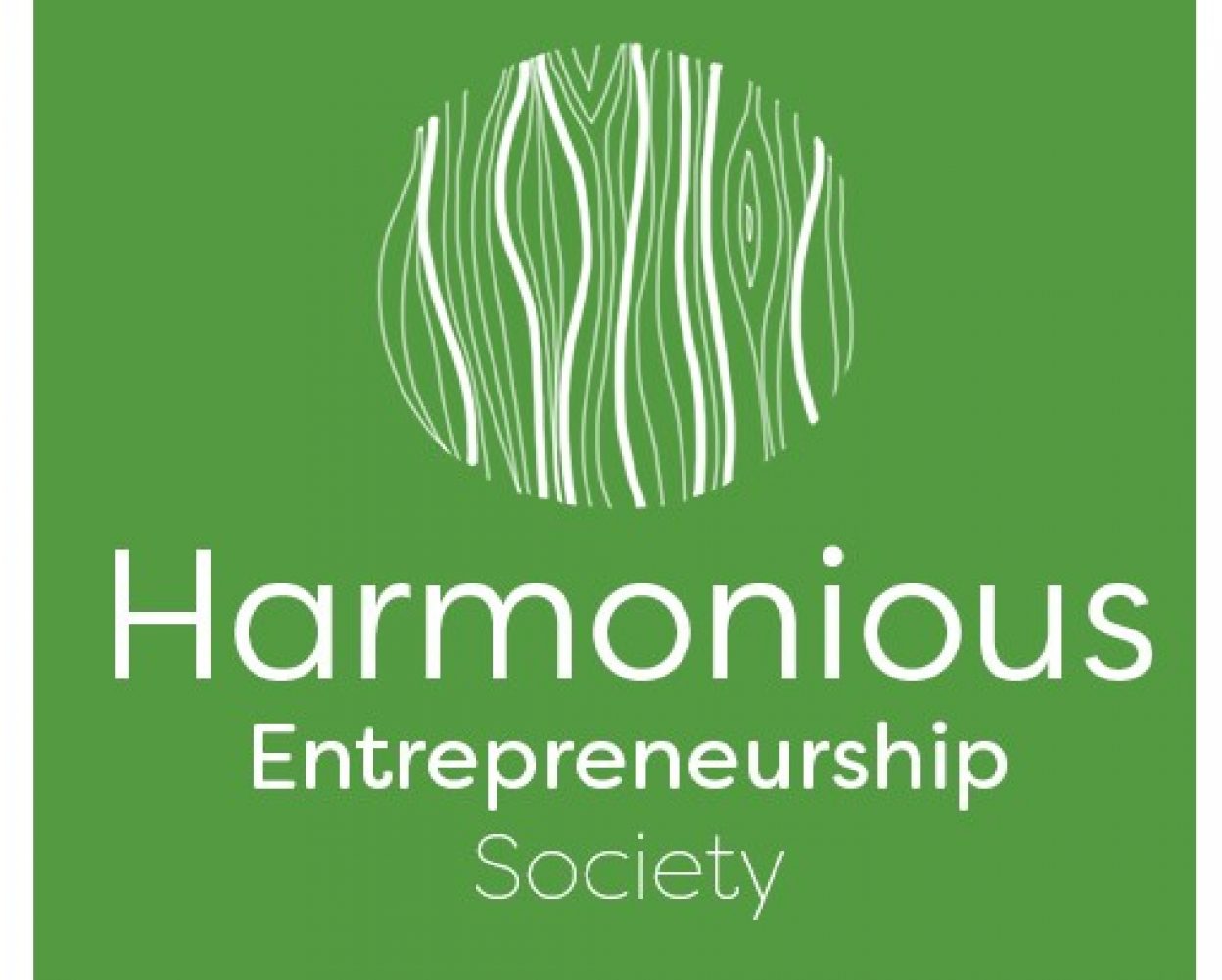
Empowering women to work and have more freedom in how they dress is the aim of “Modest Trends”, a Cardiff-based clothing business stocking fashionable lines intended for generation M Muslim women, aged 16-35, who want to dress fashionably but in accordance with their beliefs. It retails quality, sustainable and ethical fashion and for every hijab, it sells it donates one to charity, similar to the global “B1G1 business for good” mission. The brainchild of the mother of three, Rifhat Qureshi, an Enterprise Officer at Cardiff University, its mission is to make their customers “look great while taking care of the environment and providing opportunity to others”. The inspiration for the business came from Rifhat’s visits to Dubai and Morocco in 2012 where fashion styles were very different from those found in the UK and especially Cardiff. As she says, “as I grew older and more spiritual, I started to realise it was difficult to find things that were suitable for me” and for women like me who want to wear clothes that represent their spiritual values and cultural identity but are also fashionable. So, in April 2019 she opened “Modest Trends” with the aid of a £12,000 microloan from the Development Bank of Wales. Things were going well until the pandemic struck in March 2020 so she closed the store and concentrated on her online business. However, she experienced difficulties, especially driving customers to her website, so she contacted the Data Innovation Accelerator (DIA) located in the School of Computer Science and Informatics at Cardiff University. They carried out a health check on her business and advised her how to solve her problems and run the business more efficiently.

Apart from forming a partnership with DIA, which helps Welsh SMEs use their data better, she has also partnered with two not-for-profit organisations, “Charity: Water” and “Assadaqaat Community Finance”. While the former helps bring safe and clean drinking water to the 785 million people, particularly women and girls, living in developing economies without clean water, the latter provides financial support, based on Islamic Banking principles, to women to help them launch and grow their businesses, thereby empowering them to become financially inclusive, helping them to create jobs and reducing social and economic inequalities. As a Muslim, Rifhat believes we have a responsibility to each other and the environment so “Modest Trends” works with small suppliers who rely on the additional income from sales to feed their families and develop their communities, and as far as possible they source their products from Muslim communities. They also devote a percentage of their profits to charities supporting orphans and widows.
“Modest Trends” is very much a for-profit enterprise addressing SDG 8 (Decent Work and Economic Growth). However, it recognises, equally, the need for business to be in harmony with both nature and people, in Friedman’s (1970) terms it conforms to the rules of society “embodied in ethical custom”. In most world religions, including both Christianity and Islam, ethical custom involves respect for, and protection of, the environment and its people. Thus the Harmonious Enterprise makes money, but recognises the interconnected nature of the system and produces a holistic business model that has a triple bottom line of profit -people-planet. Rifhat has created, in “Modest Trends”, just such an enterprise. It addresses the issue of inequality in general (SDG 10) and gender inequality in particular (SDG 5), the supply of clean water and sanitation (SDG 6), and the reduction in poverty (SDG 1) as well as the maintenance of sustainable cities and communities (SDG 11). Plus, importantly, the formation of partnerships to achieve the goal (SDG 17).
It is estimated that the market for modest fashion will reach $361 billion by 2023 and Rifhat’s long-term goal is to grow her business into a one-stop shop were Muslim women can buy different types of fashionable, modest clothing, including sportswear. In May, 2021 the business had a weeklong residency in Enterprise Nation’s (https://www.enterprisenation.com) “Hello, World” pop-up shop at 58 Oxford Street, London. According to Rifhat being able to have this opportunity was amazing as she has always wanted to make the “brand very visual on the high street to showcase the diversity we have in the UK”. Her objective now for ”Modest Trends” is to raise capital, find a suitable High Street location, “employ more people, launch my own collection, and spread the word that modest fashion doesn’t have to be fast fashion – it can be ethical and sustainable”.
As the Investment Executive at the Development Bank of Wales, Donna Strohmeyer, has observed Rifhat’s “plans to grow the business and create employment opportunities for Muslim women demonstrates her desire for the business to be rooted in the community it serves. We wish Rifhat and ‘Modest Trends’ the very best of luck”.
Picture: Photo 180073597 © dotshock | Dreamstime.com
References.
Anonymous (2019), Modest Trends makes a Fashion Statement with £12,000 investment. UK Business Angels Association. 19th September. (www. Ukbaa.org.uk)
Cardiff University (undated) Modest trends Case Study. Data Innovation Accelerator (https://www.cardiff.ac.uk/data-innovation-accelerator/industry-collaborations/modest-trends
Friedman, M., (1970), The Social Responsibility for Business is to increase its profits. New York Times Magazine. 13th September, 122-126.
Lewis, F., (2020), inside the shop for women who choose to Dress modestly, Wales Online. 8th March
© Harmonious-Entrepreneurship.org (2021). Unauthorized use and/or duplication of this material without express and written permission from the author is strictly prohibited. Excerpts and links may be used, provided that full and clear credit is given to Professor David A. Kirby and Harmonious-Entrepreneurship.org with appropriate and specific direction to the original content.


This business is very much on trend and in this week’s Times supplement Magazine (7 Aug/21) there is a feature on Rawdah Mohamed who is the editor of new Vogue Scandinavia. Using social media, and Instagram in particular, Rawdah has a following of some 140,000 and wearing clothes which stay “…true to her faith’s demands for modesty.” So, with the potential of Rifhat’s business to be part of this growing Muslim fashion market, the future looks very positive. Good luck Rifhat.
LikeLiked by 1 person
Thanks for this share – hope you can carry this comment on to thee LI when David posts later too if you would – as this is certainly a fantastic comment to share Bev , Felicity
LikeLiked by 1 person